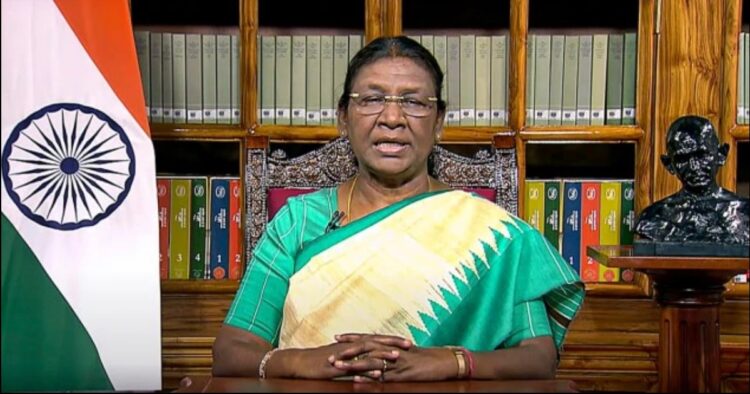In a significant development, President Droupadi Murmu has given her approval to the Chief Election Commissioner and Other Election Commissioners (Appointment, Conditions of Service and Term of Office) Bill, 2023. The bill aims to establish a structured mechanism for appointing the Chief Election Commissioner (CEC) and other Election Commissioners (ECs). A key feature is the creation of a search committee, led by the Law Minister and two other officials not below the rank of secretary, to prepare a panel of five candidates. The selection committee, chaired by the Prime Minister, the leader of the Opposition, and a Union minister, will then consider this panel for the appointment of the CEC and ECs.
Additionally, the President has granted assent to the Press and Registration of Periodicals Bill, intended to modernize and streamline the process of registering newspapers and periodicals. This bill replaces the archaic Press and Registration of Books Act of 1867, marking a significant step forward in the regulation of the publishing industry. According to Union Information and Broadcasting Minister Anurag Thakur, the new legislation simplifies the registration process, allowing newspapers and periodicals to be registered with just a click of a button. This replaces the previous cumbersome eight-step registration process, reducing the time required from two to three years to a mere two months.
Moreover, President Murmu has also given approval to the Central Goods and Services Tax (Second Amendment) Bill, 2023, and the Provisional Collection of Taxes Bill, 2023. These bills are expected to have a notable impact on the taxation framework, contributing to the ongoing efforts to streamline and improve the country’s tax system.
These legislative developments underscore the government’s commitment to institutional reforms, electoral transparency, and the simplification of bureaucratic processes, marking a significant milestone in India’s governance landscape.

















Comments